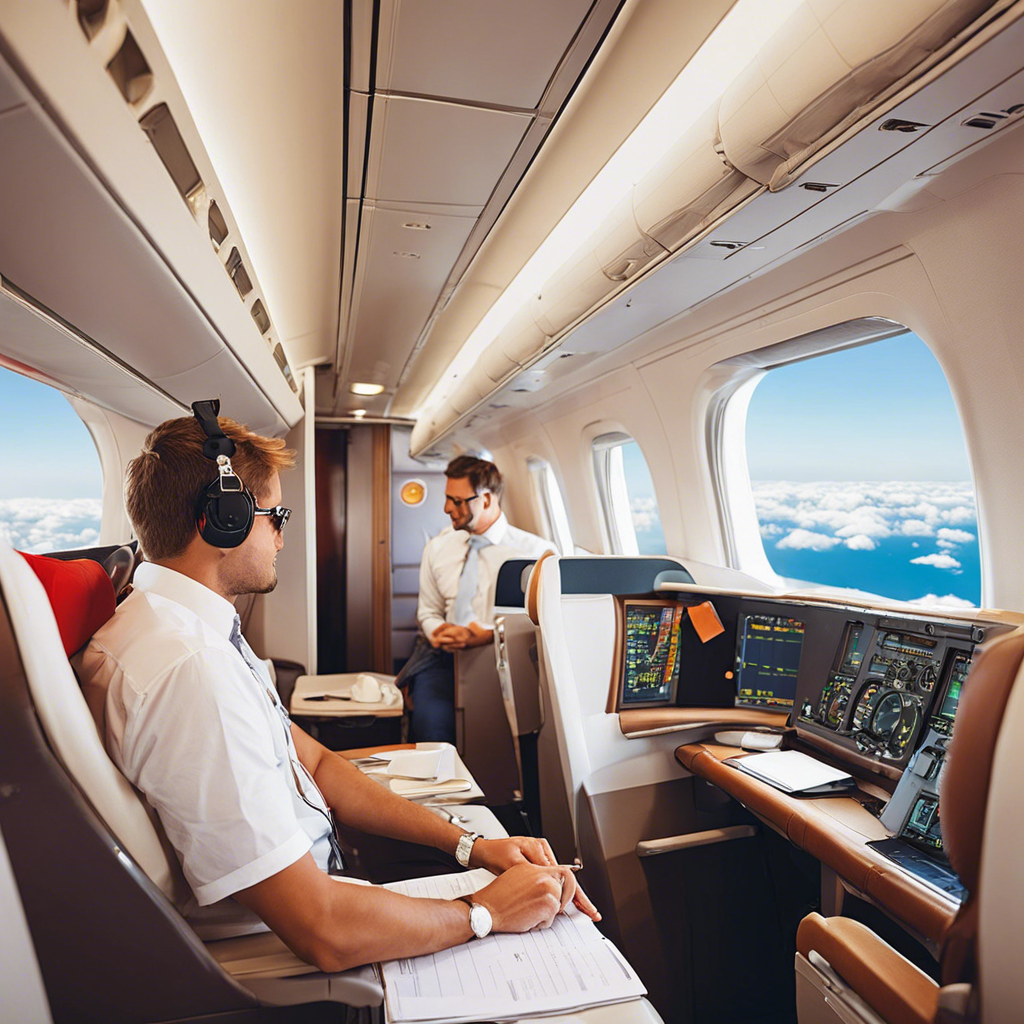The rise of budget airlines has revolutionized travel, making flying more accessible and affordable than ever before. For digital nomads, who often need to travel frequently and to far-flung destinations, this can be a game-changer. But are budget airlines really all they’re cracked up to be? Let’s explore the pros and cons to find out.
One of the biggest advantages of budget airlines is, of course, the price. These carriers typically offer significantly lower fares than their traditional counterparts, making travel more accessible to those on a tight budget. For digital nomads, who may need to fly frequently for work or to chase the sun, these savings can be significant.
Another benefit is the route network that these airlines often provide. Budget carriers have opened up a world of previously inaccessible destinations by operating direct flights to smaller airports and less-served locations. This can be a huge advantage for digital nomads, who may need to get off the beaten path to find their next co-working space or remote working retreat.
However, there are also drawbacks to consider. One of the most commonly cited cons of budget airlines is the lack of comfort and amenities. To keep costs low, these carriers often skimp on legroom, seat recline, and complimentary refreshments. For longer flights, this can be a real discomfort, and the potential for added costs can quickly mount up if you need to purchase food, drinks, or extra legroom.
Another con is the potential for hidden fees and charges. While the base fare may be low, budget airlines often make up for it by charging extra for everything from checked baggage to printing your boarding pass at the airport. These additional costs can quickly add up, especially if you’re traveling with lots of gear or need to make changes to your booking.
It’s also important to consider the impact of budget airlines on the environment. The rapid growth in air travel facilitated by these carriers has contributed to increased carbon emissions and climate change. Digital nomads, who often strive for a location-independent lifestyle, should be mindful of their carbon footprint and consider the environmental impact of their travel choices.
In conclusion, budget airlines can be a double-edged sword for digital nomads. While they offer unprecedented access to affordable travel and a wide range of destinations, there are trade-offs to be made in terms of comfort, potential hidden costs, and environmental impact. Ultimately, the decision to fly with a budget carrier depends on the individual’s priorities, budget, and the specific circumstances of each trip.
When considering a budget airline for your next adventure, be sure to weigh these pros and cons and remember that sometimes the cheapest option may come at a different cost. As digital nomads, we have the power to vote with our wallets and support the travel industry we want to see, so choose wisely and happy adventures!
(Feel free to add your own personal experiences or additional tips to this article to further engage your readers!)

